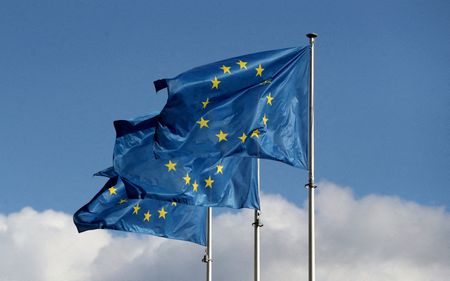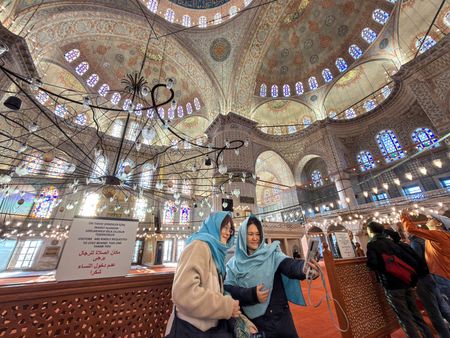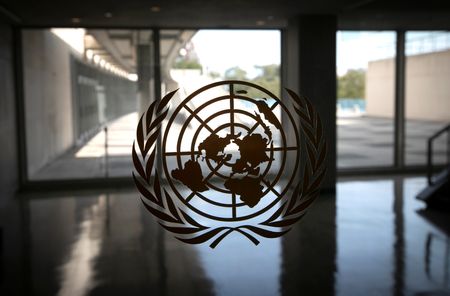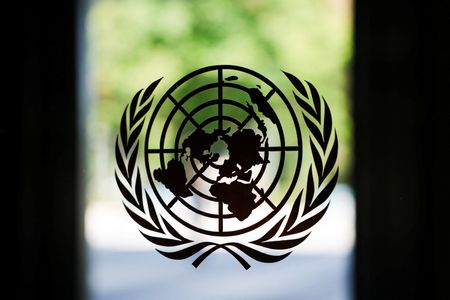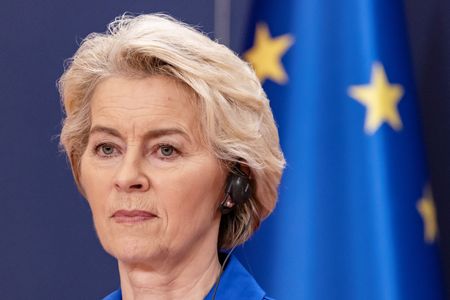By Jan Strupczewski
BRUSSELS (Reuters) – The European Commission wants to revamp the next EU budget to help firms be more competitive, give more clout to EU foreign policy and influence the reforms and investments that each country pays for with EU cash, a document showed on Tuesday.
This would be a major change to the way the EU budget is set up now, when one third of the money goes to support agriculture, one third to equalise the standards of living across EU regions and only the remaining third covers all other policies.
The document argues that rising security threats from Russia, economic challenges from the United States and China, migration pressure or increasingly frequent natural disasters will require reinforcing and reforming the European budget.
The document, seen by Reuters, is meant to trigger a discussion among EU governments and institutions about a new way to prepare the budget before the EU embarks in July on difficult talks on how much to spend, and on what, from 2028 to 2034.
The seven-year budget has traditionally been around 1% of EU gross national income, or 1.2 trillion euros for 2021-2027.
But the EU executive arm argues that if the EU budget is to ensure EU prosperity, competitiveness, sovereignty, security, resilience, preparedness and global influence, it will have to be bigger, though it does not propose any numbers.
A bigger EU budget will be necessary also because from 2028 the EU will have to start repaying what it jointly borrowed to help EU countries revive their economies after the recession caused by the COVID pandemic.
EU expenses for servicing that debt will be 25-30 billion euros each year, the paper said, which is about 20% of the annual amount now available to EU countries from the EU budget.
“In light of the policy and budgetary challenges… the status quo is not an option,” the Commission paper said.
TOO RIGID
It criticised the rigidity of the current budget where spending was decided seven years in advance and there was little possibility to move money around even in emergencies like the COVID pandemic, the war in Ukraine or the energy price crisis.
The paper said that a more modern EU budget for 2028-2034 should be more flexible and also envisage a plan for each country with key reforms and investments that focused on EU priorities, including economic and social cohesion, that would be prepared with regional and local authorities.
The proposal appears aimed to satisfy countries that are net contributors to the EU budget, but who might consider increasing their contributions to the EU coffers only if there was greater EU control over how the money was spent.
The paper also called for the creation of a European Competitiveness Fund that would have money for investment in strategic sectors, technologies, research and innovation and projects of common European interest.
The 2028-2034 budget should also revamp the financing of EU foreign policy, the paper said, to make it “more impactful and targeted for our partners and more aligned with our strategic interests”, but gave no further details.
To help pay for all that, the budget should have new sources of revenue on top of the current ones — national contributions, a share of the Value Added Tax and the customs duties the EU collects for all goods entering the bloc, the paper said.
(Reporting by Jan Strupczewski; Editing by Alexandra Hudson)

